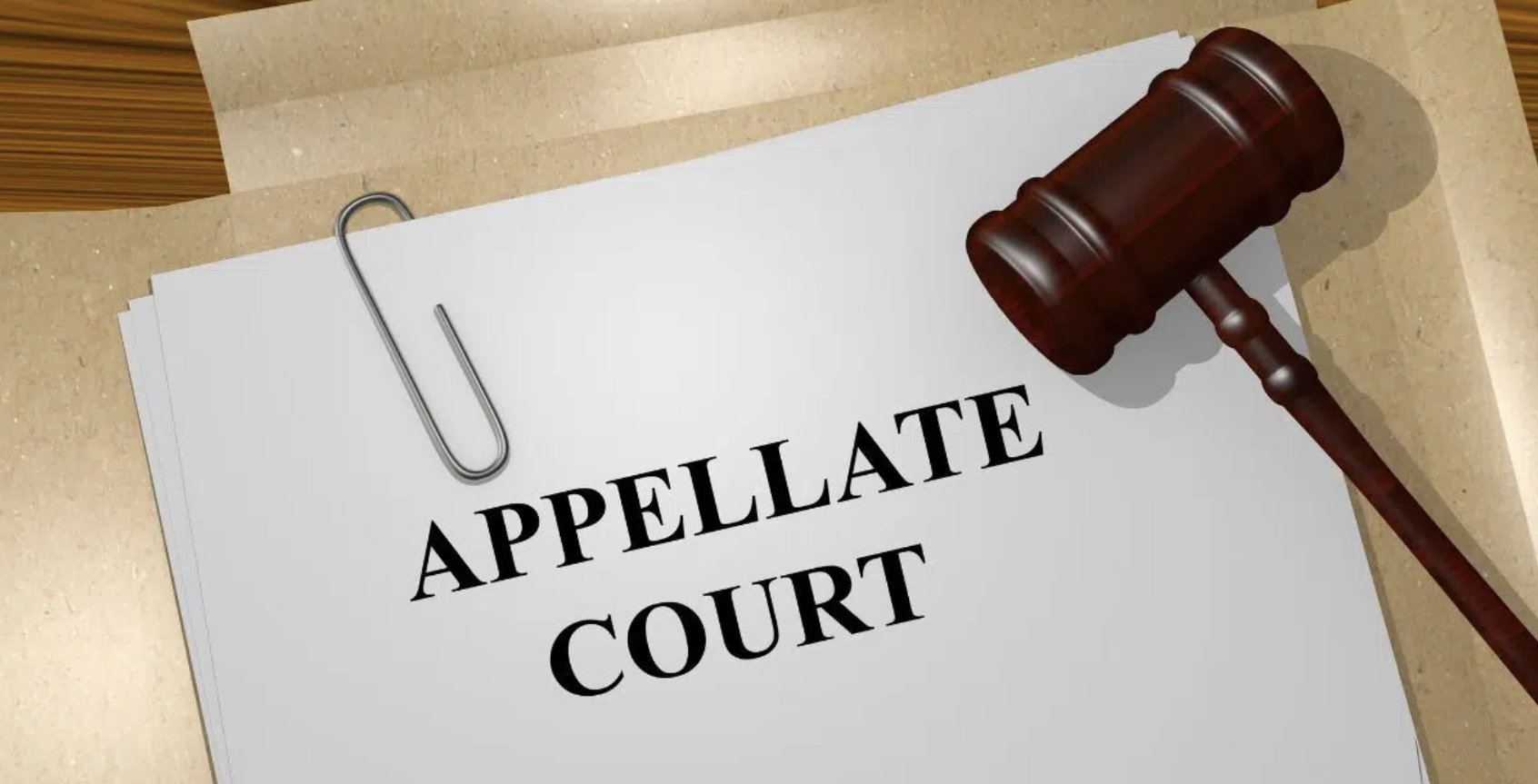Tips for Writing an Effective Appellate Brief
An appellate brief is a unique and complicated court document. A well-written and successful brief can take months to prepare. A brief serves many purposes, including providing a comprehensive summary of what occurred at the trial level, well-researched case law that supports your client’s position, and the statutory or regulatory requirements that control the appellate court’s consideration.
A well-drafted appellate brief will inform and persuade the appellate judges that your client’s position is the best way to resolve the pending lawsuit both quickly and equitably. Since oral arguments at the appellate level are not mandatory, an appeal may be won or lost strictly on the written briefs. It can take years to learn how to write a winning brief.
9 Tips for Writing an Effective Appellate Brief
-
To create a comprehensive appellate brief with a persuasive legal argument, an attorney must know the detailed procedural history of the case as well as the relevant case law, rules, and regulations that bind the court. But a brief is more than simply stating the law. In addition to addressing the issues required on every appeal, such as the standard of review and the substantive law supporting your argument, in order to write your best possible brief, keep these tips in mind:
- 1. Know Who Will Read Your Brief. Most appeals are heard by a panel of three judges, who are advised by their research staff. Appellate judges have a different mindset than a typical attorney or client. Put yourself in the judge’s position and focus on the information the judges want to hear to make the best decision possible. The judges probably won’t know the legal topic as well as you, so be sure to educate while you persuade. Don’t forget that the brief will be read and analyzed by the judges’ research attorneys, in addition to the judges themselves.
- 2. Don’t Waste Words. Be as succinct as possible and make it obvious why the judge should rule in your client’s favor. Make it easy for the judge to follow your argument and reach the conclusion you are advocating.
- 3. Share a Story, With Pictures if Possible. Incorporate narrative storytelling techniques to bring your case to life and engage the reader rather than reciting dry facts and statistics. The theme of your argument is crucial, so anticipate any questions the judges may have when hearing the story for the first time. Incorporate photos, diagrams, or other visual pieces to make the story more real to the reader.
- 4. Face the Bad News Head-On. If there are facts or cases that harm your client’s position, address them proactively. If you wait for your opponent to argue a potential weakness, it may look like you’re trying to hide something. Raise the issue in your brief and explain why the judge should decide in your client’s favor regardless of the negative facts or law.
- 5. Know Exactly What Your Client is Requesting and Explain Why They Should Win. One of the first things most appellate judges want to know is what each party wants from the appeal. Your appellate brief must contain a simple, clear answer to this question with ample support that will encourage the judges to agree with your client’s position. The final paragraph in your opening brief should state the specific relief you want on appeal, such as reverse the judgment and remand for further proceedings, overturn the judgment, or sustain the judgment, as well as an award of costs.
- 6. Don’t Give the Judges a Reason to Skim Your Brief. Often lawyers feel the need to “write like a lawyer” using many Latin phrases, extended case analysis, legalese jargon, and other lofty techniques to impress the court. Usually, an appellate judge wants a simple explanation, without a lot of puffery. Get straight to the point.
- 7. Provide Solid Legal Support, But Know When to Stop. Rather than include every case you found that is tangentially related to your issue, focus on the strongest and most relevant cases to keep the judges’ attention. Minimize lengthy string cites, footnotes, and other excessive resources that distract the reader with little explanation of how the law connects to the story you are weaving.
- 8. Review, Edit, Review, and Edit Again. After writing your brief, set it aside for a while before you edit. With fresh eyes, you will see errors and logical problems you didn’t see before. Verify your sources and your citation formats, make sure the law you cite is still good law, then put the brief aside again. After a while, review it again as if you are the judge who will decide the appeal, run a final spelling check, and be sure to file your brief on time or ahead of schedule.
- 9. Remember that appellate judges generally want to find any excuse to uphold the trial judge’s decision. Explain clearly the legal reasons why the trial judge erred, without insulting the trial judge or opposing counsel. Explain how your client was prejudiced by the trial court’s error and why the judgment should be reversed.
Writing Successful Appellate Briefs Takes Experience
Winning an appeal is not a matter of luck. Quality appellate attorneys know more than just the appellate process and how to find and apply the relevant law. They understand storytelling, and how to craft an appeal that judges are more likely to read and accept. They also know how to work with the trial lawyer to marshall the facts and present the most persuasive arguments on appeal.
Attorneys Noreen Evans and Deirdre Kingsbury understand the complexities of appellate law and how to write and present a persuasive appellate brief. At Evans Kingsbury LLP we are appellate lawyers with decades of experience who can take your case to the next level. Call us today at (707) 596-6090 or fill out our easy contact form to discuss your case.

